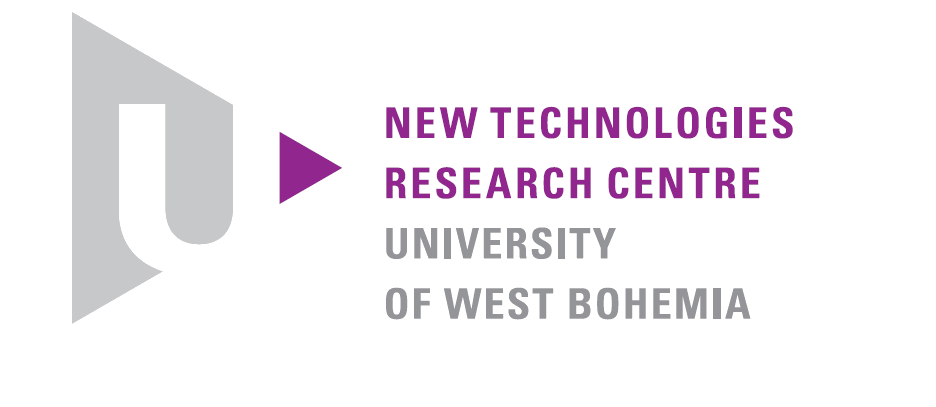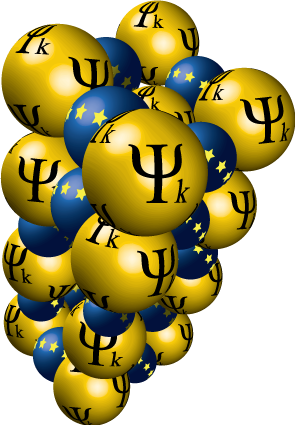Theory Meets Experiment in Low-Dimensional Structures with Correlated Electrons
Prague, Czech Republic, July 1 – 4, 2019
News
- The conference dinner will be in the restaurant Peperoncino at street address Letohradská 34 starting on 7pm on Wednesday. How to get there from the conference site: one possible walking path is indicated on a map.
Scope
The four-day workshop will bring together theorists and experimenters who work on strongly correlated nanosystems adsorbed on surfaces, or on strongly correlated electrons in general. The aim of the event is to exchange ideas and discuss perspectives and future directions of characterization and description of strongly correlated nanosystems. The topics will include:
- single-atom and single-molecule magnets, magnetic anisotropy
- transport through nanostructures in and out of the linear-response regime
- tuning the electronic properties via interaction with external stimuli or with a substrate
- scanning-probe methods
- electronic structure theory
- advanced valence-band and core-level spectroscopies and their interpretation
Invited contributions
- Harald Brune (EPF Lausanne, Switzerland)
Zero-Dimensional Magnetic Structures with Correlated Electrons - Igor Di Marco (APCTP, South Korea)
Ab-initio treatment of the Lanthanides: from solids to clusters and atoms - Ferdinand Evers (U Regensburg, Germany)
Aspects of Topology and Quantum Interference in Single Molecule Transport - Joaquín Fernández-Rossier (INL Braga, Portugal)
Spin correlations in graphene nanostructures probed with STM - Atsushi Hariki (TU Wien, Austria)
LDA+DMFT approach to resonant inelastic x-ray scattering in correlated materials - Alexander Ako Khajetoorians (Radboud University, Nijmegen, Netherlands)
Unraveling the glassy nature of the magnetic state of Nd - Jan Kuneš (TU Wien, Austria)
Towards predictive theory of two-particle spectroscopies in strongly correlated materials - Nicolas Lorente (CSIC-EHU, San Sebastian, Spain)
Isospin-flip spectroscopy - Ondrej Maršálek (Charles University, Czech Republic)
Nuclear quantum effects in molecular systems through path integrals - Sander Otte (Delft, Netherlands)
Quantum simulation through atomic assembly - J. I. Pascual (nanoGUNE, San Sebastian, Spain)
Mapping Yu-Shiba-Rusinov states in atomic and molecular impurities - Jascha Repp (U Regensburg, Germany)
Actuating and probing a single-molecule switch at femtosecond timescales - Alexander Shick (Czech Academy of Sciences, Prague, Czech Republic)
More surprises in f-electron magnetism - Liu Hao Tjeng (Max Planck - CPfS, Dresden, Germany)
Direct Imaging of Orbitals using Inelastic X-Ray Scattering - Matthieu Verstraete (U Liège, Belgium)
Thermal displacements in microscopies and spectroscopies - Tim O. Wehling (U Bremen, Germany)
Interactions in superlattice quantum materials - Heiko Wende (U Duisburg-Essen, Germany)
Europium cyclooctatetraene nanowire carpets: a low-dimensional, organometallic ferromagnet



